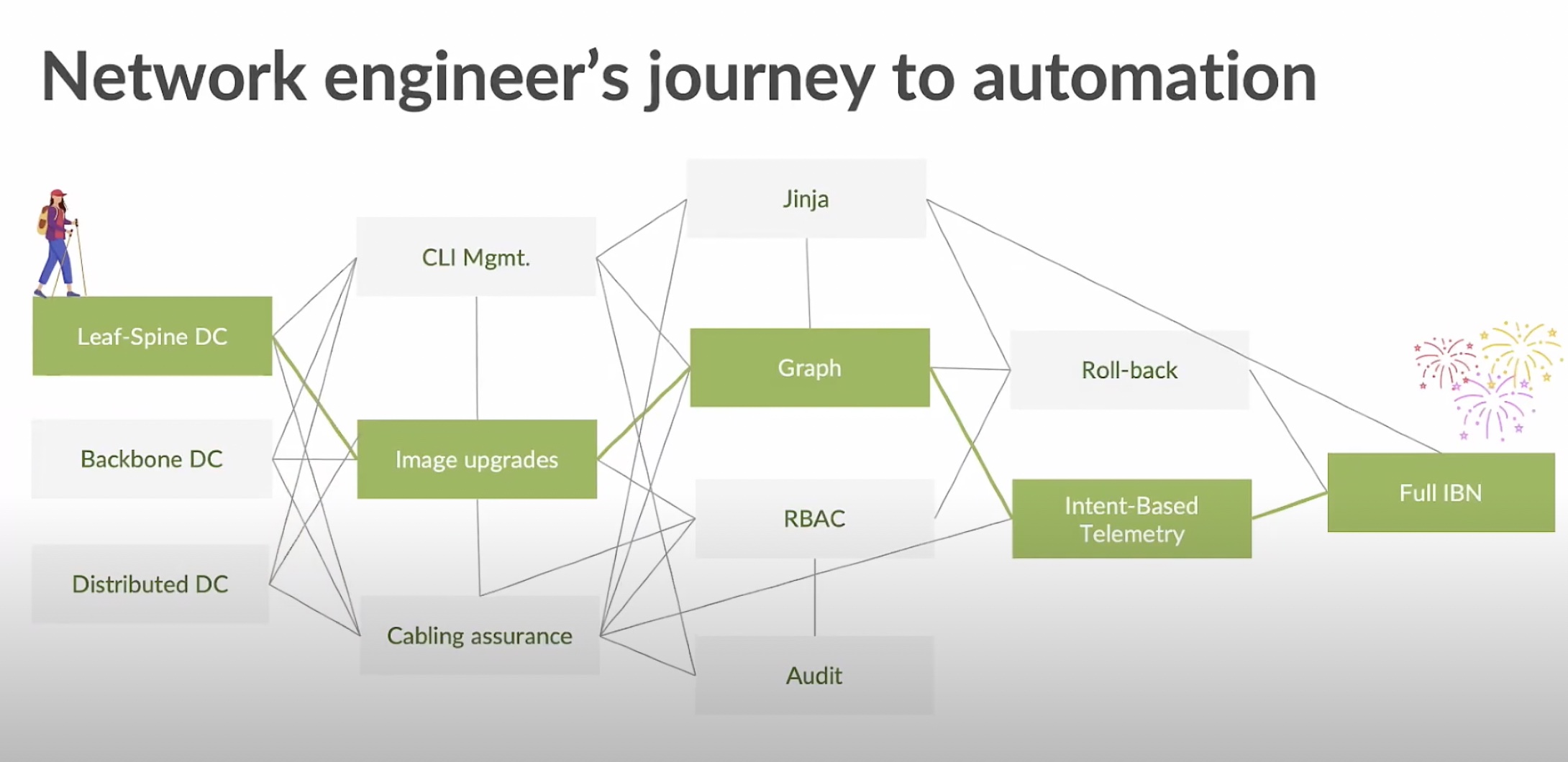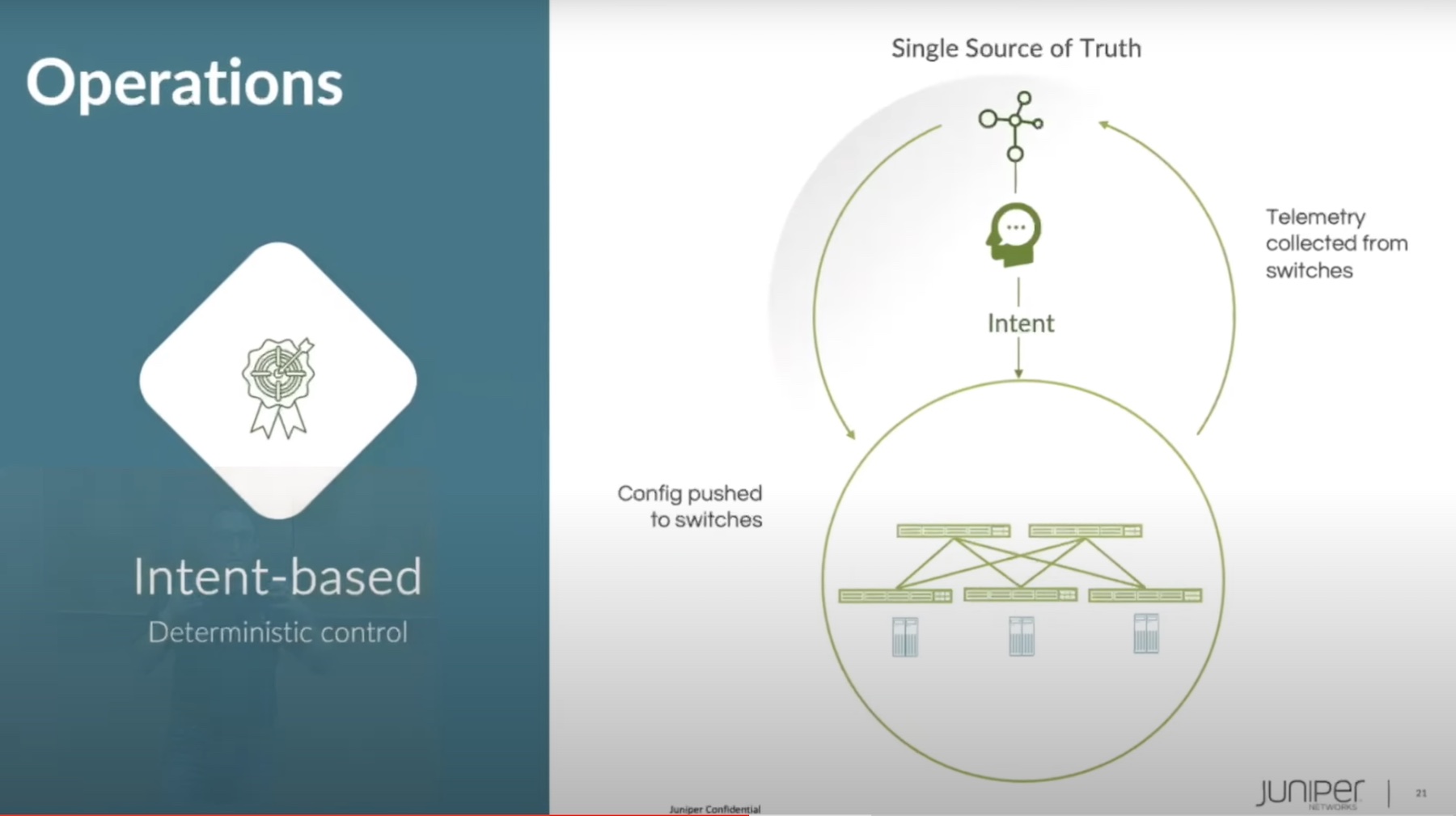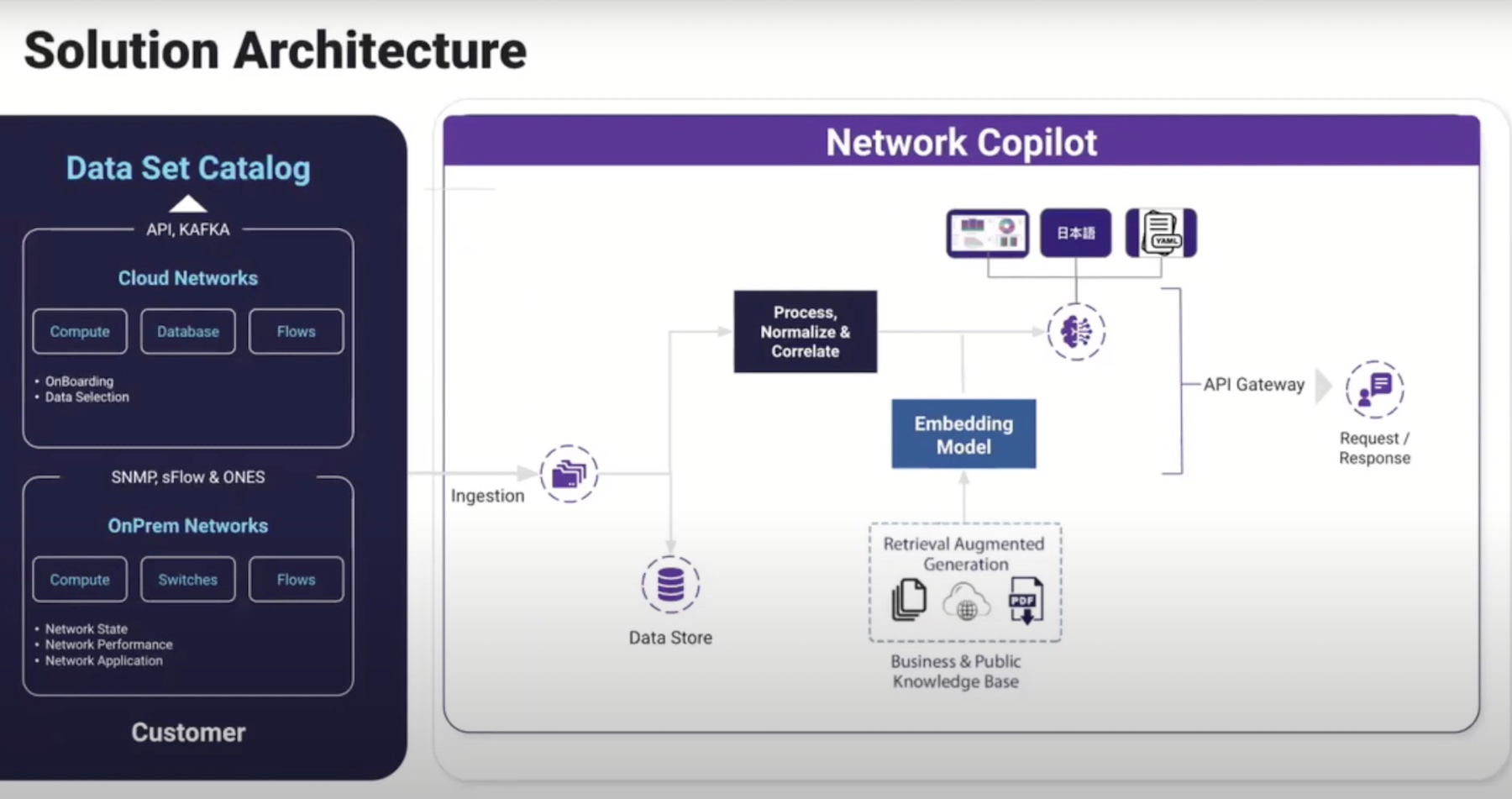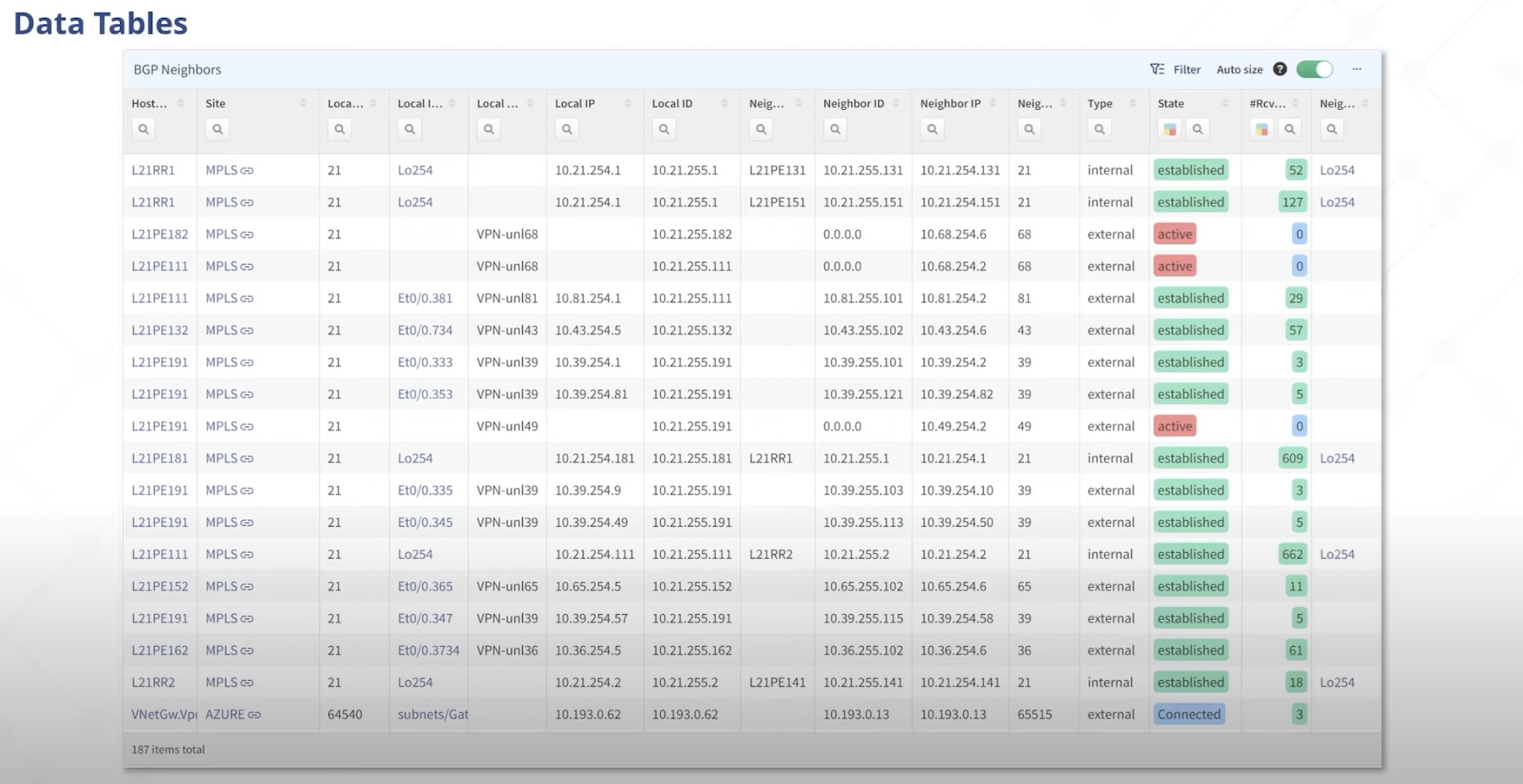Kevin Myers has worked as an enterprise engineer for both a Telco and large enterprise, so he’s uniquely qualified to compare the different ways in which the two provision and deliver bandwidth with in their networks.
One thing that jumped out to me was how the enterprise deployment scenario often leaves technology as a secondary consideration. As I’ve stated before, it’s been fascinating to see how much company culture affects these decisions. In this case, Kevin points out several reasons why enterprise networks can be convoluted. A lot of behavior comes down to risk avoidance. Engineers naturally lean on vendor recommendations, since that shift any liability away from themselves. This leads to less decisions being made internally about the reason for a particular design and more about implementing the design as dictated, they’d rather have a manual for an imprecise tool than design a purpose built one themselves. This lends itself to problems down the line, as solutions that could have been built in initially need to be tacked on later.
The difference between an enterprise and a service provides is summed up succinctly: enterprise networks exist to sell something else, service provides sell the network.
Kevin goes into more details about why planning for complexity with a Telco actually allows for them to deliver a network that “just works” from an end user perspective. I never thought about how network intentionality could affect design and performance. That’s the difference from treating something as a service rather than a product.
Packet Pushers – Blog Feed comments:
Enterprise networks exist only to sell the product or service for the business. By contrast, a service provider’s network is the product, so a provider puts a great deal of effort into making it perform as fast and reliably as possible. This isn’t simple.
The post Why design simplicity is bad for your network appeared first on Packet Pushers.
Read more at: Why design simplicity is bad for your network




